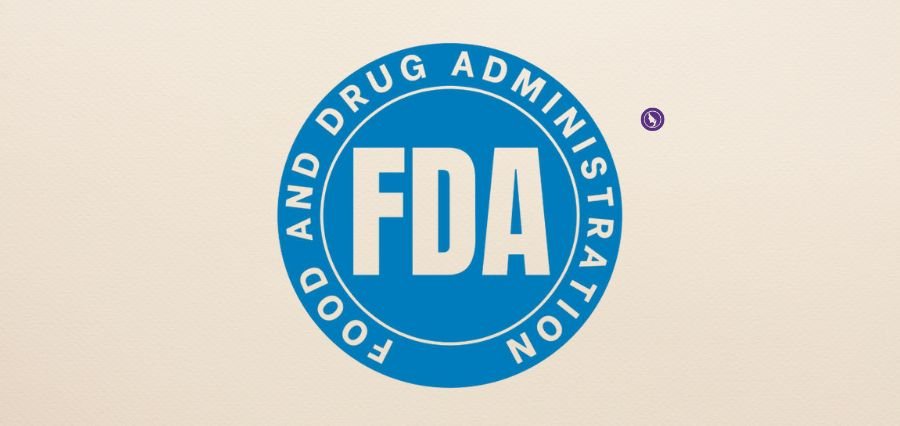Prime Highlights
- FDA Commissioner Marty Makary condemns gender bias in U.S. medicine and policy.
- Hormone therapy for menopause is being reconsidered to remove outdated health warnings.
Key Fact
- Women’s health research remains significantly underfunded across federal health agencies.
- The FDA is rethinking the “black box” warning on menopause hormone therapy after two decades.
Key Background
FDA Commissioner Marty Makary has publicly renounced the decades-long male-bias of medical research in America. He laid out that clinical trials, treatment protocols, and research agendas of recent decades were all based largely on male physiology, with large gaps in what is known about how disease, treatment, and drugs influence women differently. Makary’s discoveries illuminate how entrenched bias continues to affect the health outcomes for women in very tangible, quantifiable terms.
High on Makary’s list right now is reevaluating hormone therapy for menopause—a drug demonized over the years by strong warning labels. The FDA recently brought together an expert panel to talk about how hormone therapy would be more clearly labeled and prescribed to treat not only symptoms such as hot flashes but also eventual health consequences such as osteoporosis. The end result would be greater access and patient confidence.
The FDA warnings—”so-called ‘black box’ warnings”—dated back to a 2002 study that had noted a heightened risk of breast cancer and stroke. However, subsequent analysis found that the risks were exaggerated or misunderstood. Makary maintained that the warning deterred many women from taking a treatment that would have enhanced their quality of life. He merely said, “We got hormone replacement therapy wrong for 22 years.”
Instead of acting in a void, the FDA is inviting a period of public comment to undertake an open, science-based revision of the existing guidelines on hormone therapy. Makary underscored that the agency is hearing out clinicians, patients, and scientists before making its ultimate decrees—keeping both the review process inclusive as well as evidence-based.




